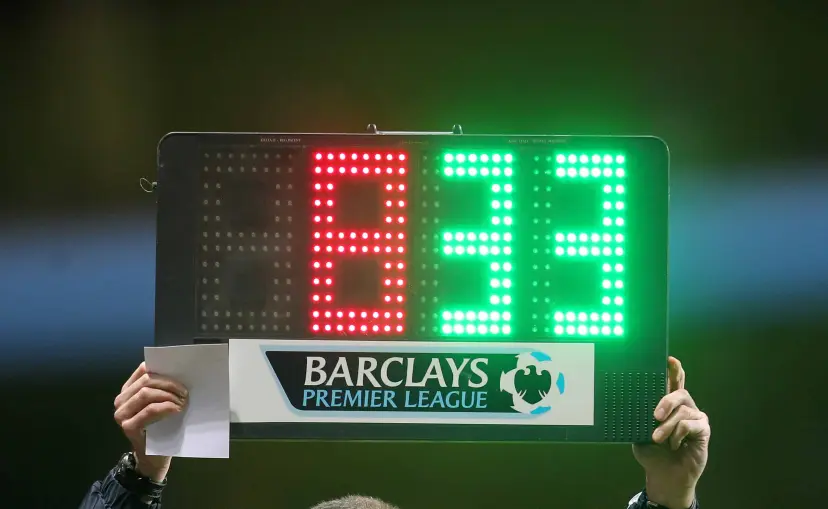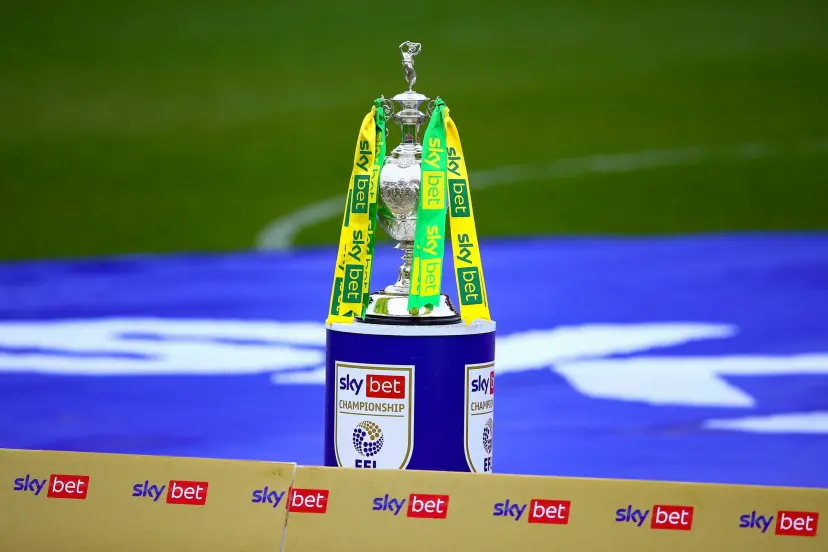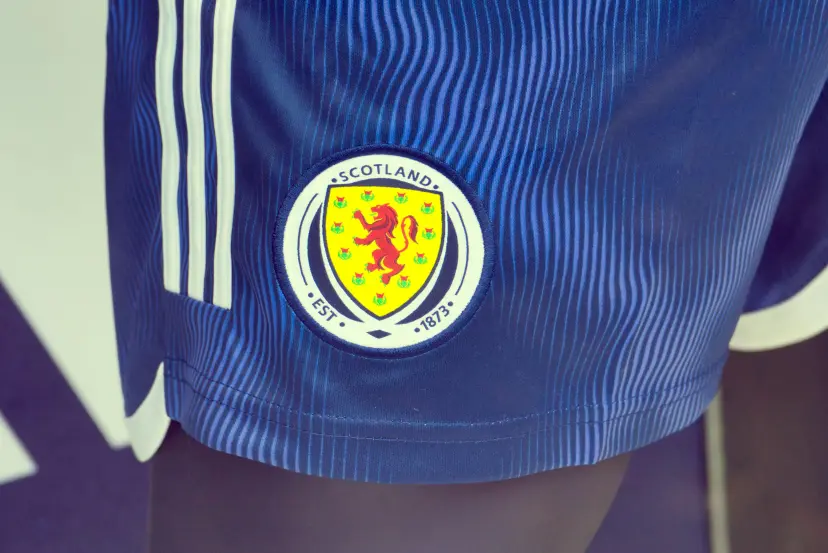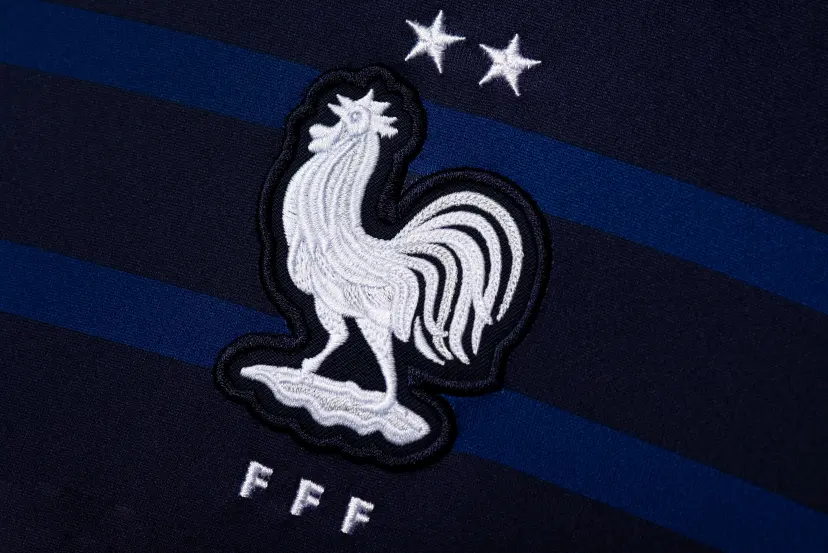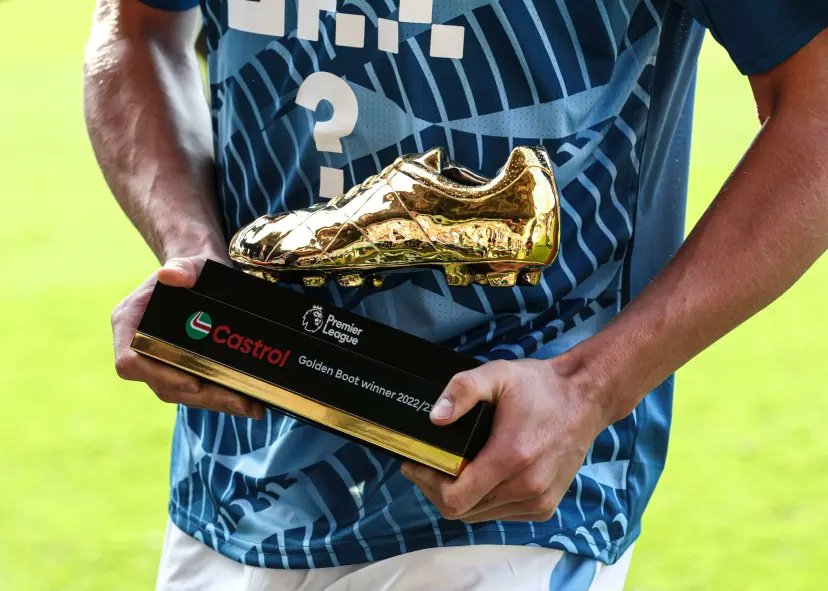Sam Allardyce talks about THAT dancing video, is ‘very tempted’ by I’m A Celebrity, reveals biggest managerial regret & says he was offered Millwall job at 28
Published:
Former England manager Sam Allardyce has already given us his thoughts on this season’s Premier League and reflected on his time at West Brom.
Now, in part three of his exclusive interview with Ladbrokes, Allardyce discusses making his squad laugh, possible television appearances, being labelled a long-ball specialist and his first managerial job offer at Millwall.
The Big Sam memes are great, I’ve included them in pre-match meetings before
When that video got out of me dancing on holiday, I showed the players straight away. You’ve got to have fun in this game; it can be so serious at times, so when you’re going through the good times, you’ve got to enjoy them and make the most of them. Have a laugh, have a laugh at yourself, more importantly. It brings your team together. Not just the players who put the shirt on and represent you, but the backroom staff as well; you’re all in it together, you go through your good times together and you’re there for each other when things aren’t going so well.
Case in point, that the clip of me laughing at Chico Flores. So, whenever we play a match, we’ll sit down afterwards and review it as a team. We have a short sit down and look at the stats, the things we did right and what we perhaps didn’t achieve. We put a few clips together for the team to go over together, and then right at the end, the analysis lads have just popped the clip of me laughing in Chico Flores’ face.
When Sam Allardyce laughed directly into Chico Flores' face 🤣 pic.twitter.com/KbbIlDZsam
— Soccer AM (@SoccerAM) June 24, 2020
Getting on and having a good camaraderie among each other is part of the job, and if you’re the kind of manager who wants to be a part of things with the players, as I am, then you’ve got to do things like that. Shoving a clip like that right at the end, brings a little bit of joy and laughter to the players. I’ve done it many a time; those meetings are so serious; you’re reviewing a game or preparing for your next one, so what can you do to lighten the mood a little? Stick a video of me with a big fat belly, dancing on holiday, at the end of the presentation. Let the players have a good laugh!
I take it in the spirit that it’s in. We can all take things far too seriously, and while it’s a very serious and very stressful job, there has to be some light relief, and things like that can bring a smile to yours and your players’ face. We’re all in each other’s pockets, more than most jobs, so I think it’s very important to have that relationship with your colleagues.
I’ve turned Strictly down a few times… but I’m A Celebrity is very, very tempting
I’ve turned Strictly Come Dancing down a few times – I think it was probably one for me in my younger years. If I was going to do it, I’d want to be totally focused on it, and that means spending the best part of 10 hours a day in training. I’m scared I’d injure myself at my age, because I’d want to train to win the show, to be the best I could possibly be. I don’t want to be laughed at on a show like that.
My wife won’t let me do I’m a Celebrity… Get Me Out of Here! She said I’d embarrass her. She reckons I’d just try and take over everything, she thinks I’d be bossing everybody about, so either she’d have to be in there with me, watching me all the time, or I’d be better off taking her advice and leaving it alone.
I know Ant and Dec really well, of course; I have done for many years. They’ve tried to entice me on plenty of occasions over the years. “Come on, big man. We’d love to have you on.” It has been tempting, to be fair. Very, very tempting. Very tempting.

My biggest regret was not nipping that ‘direct’, ‘long-ball’ label in the bud early on
The one thing I regret the most was not nipping that label in the bud early on. If a young manager now was getting labelled the way people tried to label me, which was ‘direct, long-ball football’, I’d tell them to speak up. It didn’t particularly bother me at the time, because we were upsetting teams, and the way I saw it, that meant we were doing something right. But in 2004/05/06/07, we weren’t playing anything like that label – we were playing entertaining stuff and as a result we were climbing up the table and into the top six.
But because of that tag, you’re always branded as this ‘long-ball’ merchant – and I really wish I’d have done something about that. It never left; it never went away. Even to this day, people at West Brom said “why are we getting him? All he does is play long-ball football’.
It’s the one thing that still gets under my skin; I should’ve nailed it early on in my career. I should’ve dismissed everybody who put that label on me because it really wasn’t who I was. Listen, occasionally it was, if I needed to get a result, but that’s management for you. You’ve got to adapt, you’ve got to frustrate certain teams.
This reputation came from the Bolton days; this idea of being too direct and only playing long balls. I’m going to give you some names now, and you tell me if you’d associate any of them with long balls or direct football: Jay-Jay Okocha, Nicolas Anelka, Stellios Giannakopoulos, El-Hadji Diouf, Fernando Hierro, Ivan Campo, Gary Speed, Kevin Nolan. That’s not a long-ball team. Jay-Jay Okocha was one of the most entertaining footballers we’ve ever seen in the Premier League; even Thierry Henry once said he’s one of the only players he’d pay money to watch.
But if I was to go and get another job tomorrow, that label would come out again; I’d be hit with that tag. It’s something I can’t ever change, but I absolutely would if I could have my time again.

I was offered the Millwall job at 28… then shunned by an ex-Arsenal manager as a result!
Alan Thorne, then-chairman of Millwall, was the reason I signed for the club back in 1981 from Sunderland. I dropped down two divisions to play for him, from the old First Division to the Third Division. Alan Thorne gave me the opportunity to move to London with my family straight away. At that time, it was a really big problem when it came to selling your house, life was very difficult for everybody back then.
My move from Sunderland became very bitter and twisted because I couldn’t move my family up there. I’d found a place for us and Sunderland were unwilling to help me out, because I couldn’t sell my house. I felt really let down by them, whereas Alan Thorne said he’d put me in one of his houses and I could move the family down within a week. That was the start of it; I found it pretty difficult to adjust to the division for a while, but I eventually became captain, and I spent a lot of time with Alan. He used to like coming in the dressing room and chatting with us; on away days he’d travel with us, and I think he saw me as a leader on the pitch.
Anyway, Peter Anderson, the then-manager, got sacked and Alan asked me if I wanted the job. I was only 28! It was really flattering to have even been considered, but I consulted a lot of players and managers, and they all said the same thing to me: play for as long as you can.
It came as such a shock to me, that he wanted me to take over. Could I really turn it down? In the end I did, and it ultimately cost me my position at Millwall, because when the mighty George Graham came in and found out that I’d been offered the job, I fast became surplus to requirements under him, I was brought in from the dark every now and again but that was pretty much it for me and Millwall!
The life of a manager
When you first step into management, you never really know how things are going to turn out, or how successful you’re going to be. It’s only when you sit down on that first day, behind your desk, and start to think about implementing your ideas, and dealing with things like budgets. A lot has changed in the game in recent years; you know, back when I first started you were so involved in everything from the first team, right the way through to the reserves and the youth team. There wasn’t really much in the way of backroom staff.
For me, I’ve always tried to think outside of the box. What can I do that no one else is doing? Where are my strengths? I’m going to take the experience of managers I’ve worked under, and the best parts of other top managers – for me that was Sir Alex [Ferguson], Bobby Robson, Jimmy Smith, Harry Bassett – all of those managers would share their knowledge with you. But I would do it my way, and I would use a combination of all of the above.
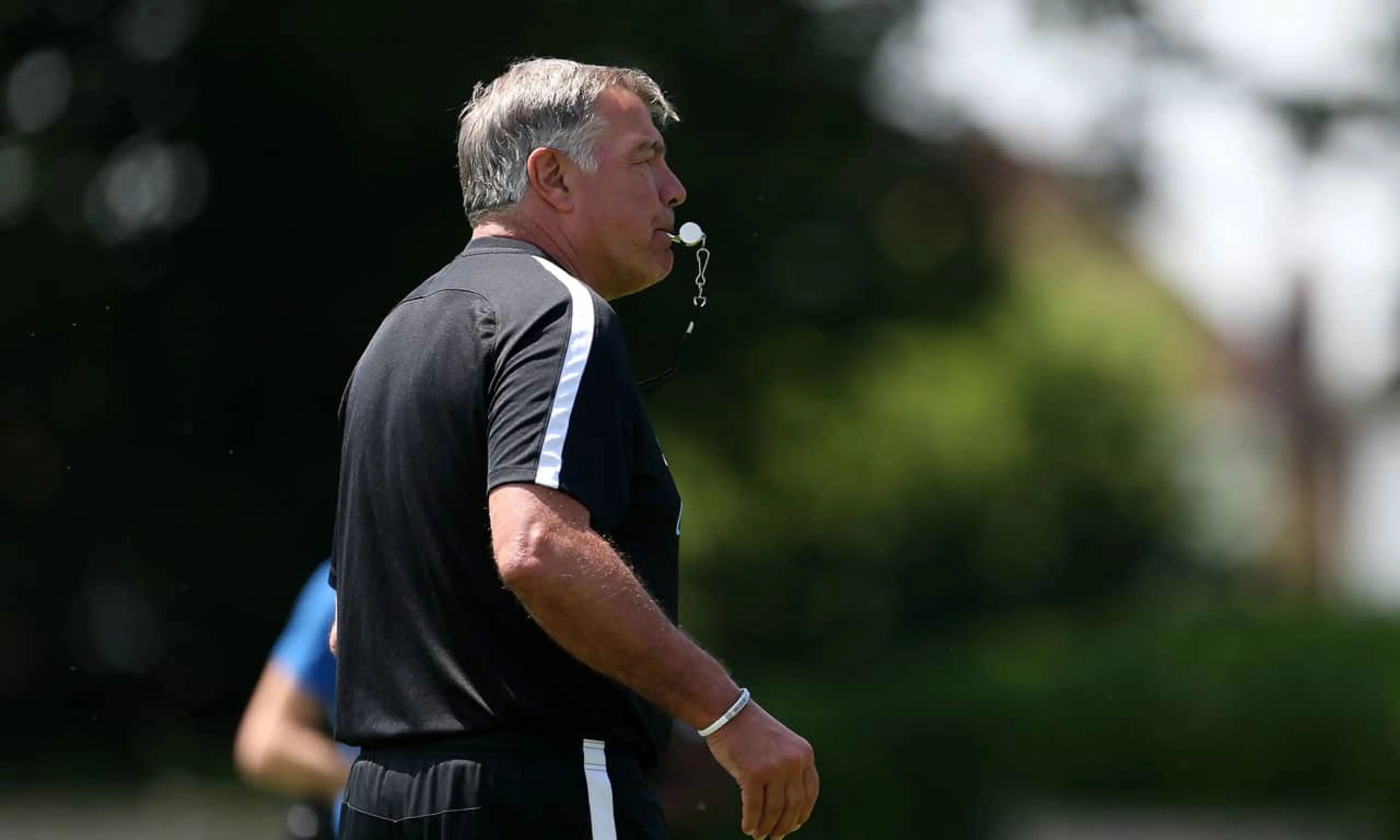
The interesting thing for me was always about managing people; building a team behind a team and making sure everyone feels supported by you, which is not easy. The financial side of things has always been a huge challenge wherever I’ve gone, but it’s something I’ve always faced head-on, looking at ways we can get top players through the door, justifying certain decisions to boards and owners.
When I first stepped into management, I’d often ask myself ‘who am I? What do I want to be?’ You have to put that to one side, though; everyone wants a team that entertains, that can adapt to all formations at the drop of a hat, creating opportunities, and that’s not always going to be achievable when you’re playing in a league where you’ve got a lesser quality of player than most of the other teams in the division.
A pragmatic approach came from that; what system do we play against this team? How do we set up against a title-challenging team, versus, say a relegation rival? What is the culture of the club you’re at? Being a manager is about recognising and applying all of the above, while remembering you don’t get a lot of time, because it’s a results business. You get even less time nowadays.
